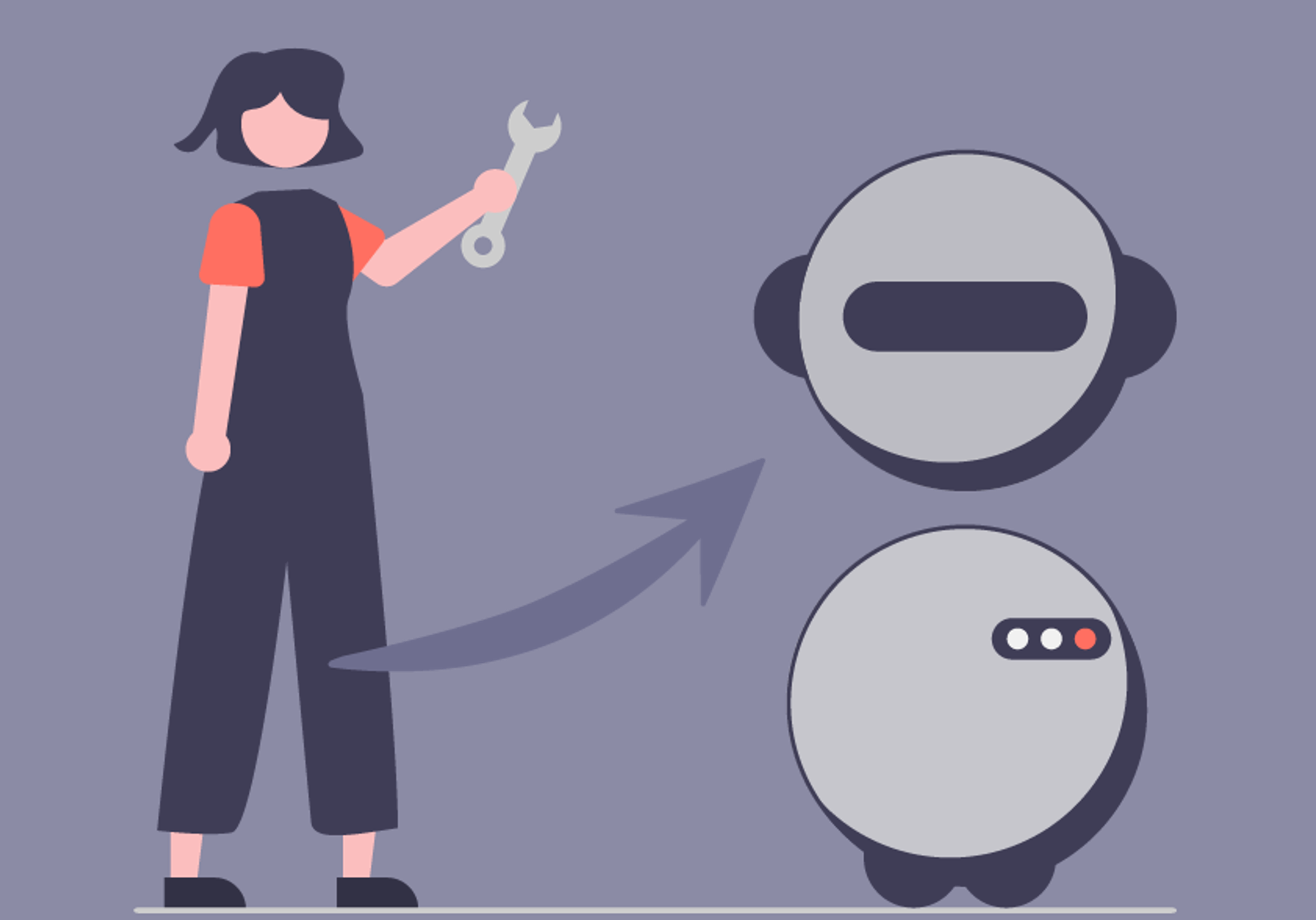Kraft-Copilot: The self-care platform for young caregivers
 The circumstances of many young people require them to care for those closest to them. For some, it is a sick parent; for others, it is a sibling with special needs. While caring for the needs of those closest to us can be a fulfilling activity, it comes at a cost. The time that young adult carers invest in caring for their loved ones is often taken away from other challenges that normally characterise this stage of life. For example, young adult carers may struggle to establish themselves in a career, build relationships and and thus suffer from limited autonomy. Such problems are often not visible, but still require attention.
The circumstances of many young people require them to care for those closest to them. For some, it is a sick parent; for others, it is a sibling with special needs. While caring for the needs of those closest to us can be a fulfilling activity, it comes at a cost. The time that young adult carers invest in caring for their loved ones is often taken away from other challenges that normally characterise this stage of life. For example, young adult carers may struggle to establish themselves in a career, build relationships and and thus suffer from limited autonomy. Such problems are often not visible, but still require attention.
This is where the Kraft-Copilot project comes in and uses participatory methods to develop an adaptive learning and networking platform for young adult carers. The goal? To promote self-care and thus improve the quality of life of young adult carers.
The platform is intended to offer a relaxed, informal atmosphere and playful relief. The system is based on an AI suggestion system: This system will collect the behavioral data of users, summarize them into patterns - in compliance with data protection regulations, of course - and recommend individual support services. These include networking offers to strengthen the community of care or classic educational offers that aim to strengthen the individual life skills of young adult carers.
The project, funded by the BMBF, has a feasibility study duration of one year, started on August 1, 2022 and has a volume of 0.25 million euros. The partners include:
- the Technical University of Dresden, Center for Open Digital Innovation and Participation (CODIP)
- the Saxon State Association for Health Promotion,
- the Trägerwerk Soziale Dienste wohnen plus… gGmbH
- and the Mittweida University of Applied Sciences.
The project is coordinated by CODIP.
A special feature of the project is the involvement of a citizens' advisory board. The citizens' advisory board is an accompanying body to the funding guidelines and accompanies the research and implementation process of the individual projects. This is an innovative format that is being tested by trying out different approaches to involving citizens in research processes. The citizens' advisory board is integrated into the research and development process, among other things, through so-called hands-on meetings. In this way, the citizens' advisory board gains practical insight into the current research work. At the same time, joint work (project team and citizens' advisory board) on the project idea takes place in co-creation workshops.
More about the project: https://tu-dresden.de/codip/kraft-copilot
Instagram: https://www.instagram.com/kraft_copilot/
Author: Dr. Sandra Schulz






